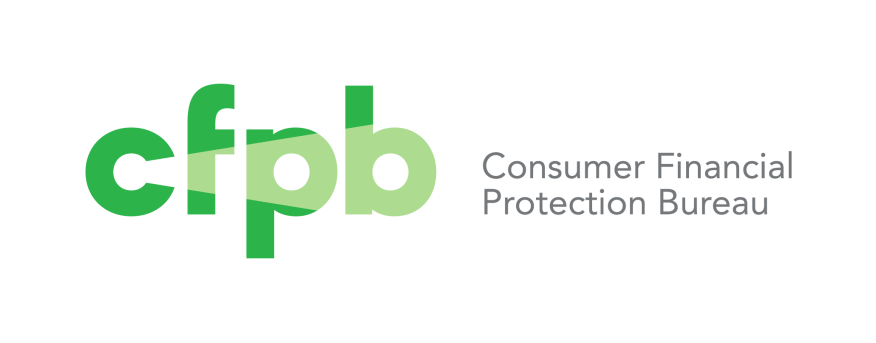CFPB Slaps $85K Fine on Ex-Loan Officer

In a very rare enforcement action against a single lower-employee instead of a corporate entity, the Consumer Financial Protection Bureau (CFPB) has levied an $85,000 penalty against David Eghbali, a former loan officer for the Wilshire Crescent Wells Fargo branch in Beverly Hills, Calif., for his alleged role in a mortgage-fee shifting scheme. The CFPB also banned Eghbali from working in the mortgage profession for one year.
The CFPB stated between November 2013 and February 2015, Eghbali had an arrangement with New Millennium Escrow Inc. that enabled him to offer “no-cost” loans to clients that might have gone elsewhere for less expensive loans. As a result of this arrangement, Eghbali referred nearly all his clients to New Millennium.
“We have taken action against an individual loan officer for illegal mortgage fee-shifting,” said CFPB Director Richard Cordray. “This should send a strong message that the law must be followed not only by large financial institutions, but also by the individuals who work for them.”





